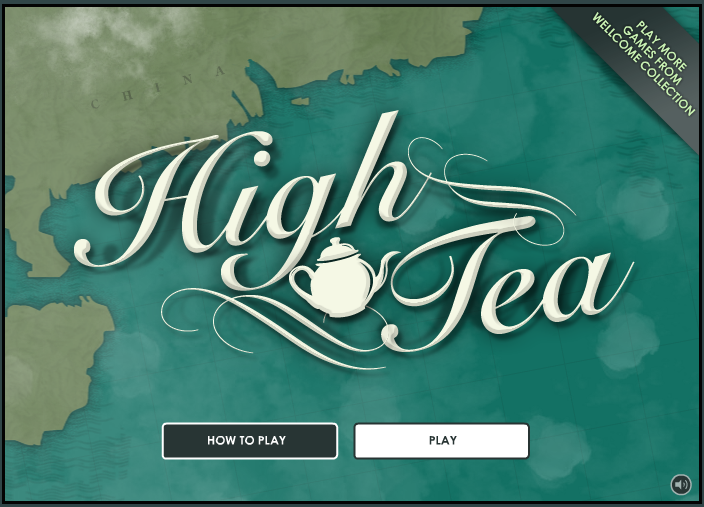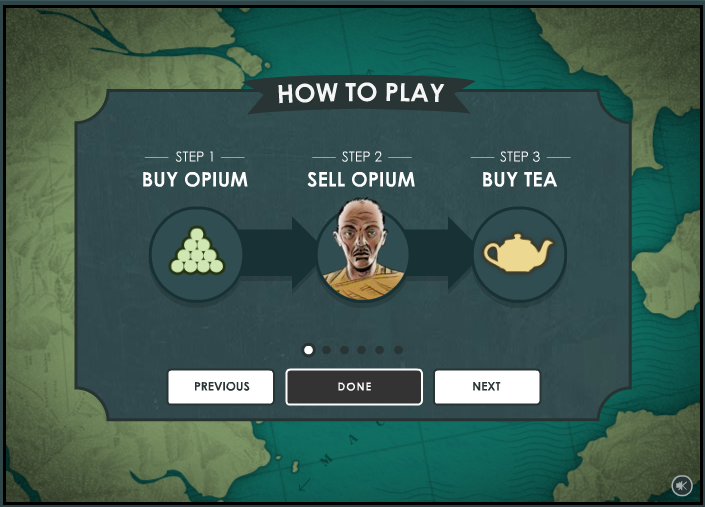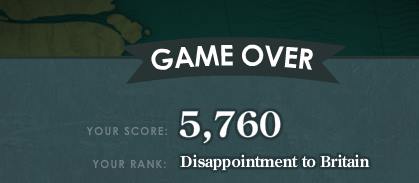
In my basic little brain of Frenchy, an online class is a kind of class spoof or a very smart way to set a class and just deliver it to everyone under the same form. So pretty skeptic like my dear American classmate Geneviève, but like her, I’ve been pretty surprised in a good way. The online session was actually very interesting because it was interactive but real human interaction and not just some software with a number of possible answers to my reactions. I think I’ve stayed more focused all the long of the online session that I actually do in class. But this fact would say more about my ability to stay focus on someone talking for a long time than the quality of the class because the online class was the same as usual just on a computer where I actually get to interact whenever I want, not have to wait for other to finish to speak… I love too much human contact (yes I know, hard to believe) to ask for more online sessions of this sort but I really liked the idea of this session.

After an hour of the online session, some videos and conversation about the gamification or broccolis in chocolate, our teacher shared an example of a museum game that she described as “particularly effective”. The game has been made by the Wellcome Collection, where I must confess I never been (for now, but don’t worry it’s on my list of museums and galleries to do before England leave the European boat for good).
So here is the speech given by the Wellcome Collection on their game: “In this strategic plate-spinning game, you play an independent British smuggler selling opium in China’s Pearl Delta. Buy cheap and sell high to make a profit, but make sure you also obtain enough tea to keep Britain happy. You have ten years before the opium wars begin – can you make your fortune? Based on historical events, this game also shines a light on a questionable episode in the history of the British Empire. »

Second confessions of the day (yes there’s going be more of those don’t worry): I haven’t read this little abstract before I started playing this game, as a fact, I just wrote it now as I’m writing. But to have played for more than 15min (which is a lot for me if you ask), the description they have made of this thing is pretty realistic and fit pretty much to what I experienced. It raised few point that kind of shock me like the fact to play a smuggler and do something pretty illegal for the happiness of some rich English people drinking tea all the way back in England… As a French, I’m not used to such a straight forward acceptance of dark side of the history. Not sure I’m being clear so let’s say it with simple words. France and England have a pretty dark and bloody common past history, we have done a lot of things together like cutting the middle eastern as a birthday cake for our own benefit, but also colonized a pretty wide part of the globe on our own side. And this common past hasn’t always been very… accepted by our current governments. I’ll speak for France because maybe England is better (but I doubt on that one), but our little french book history in school are more turning around the subject that going straight in it and using the good word. As for the Algerian war, my book titled the “chapter”, that was 2 lines long, as “decolonization” (what a sweet word, it sounds almost like it was a good time !). Anyway, this High Tea game treats of pretty difficult subjects as it admits that England wasn’t really looking at how their tea suppliers were managing to bring such important ratio of tea to the kingdom. It goes pretty deep as some English administrative man congratulated, or you can win some card to bribe the Chinese coast guards.
As some players, I have been “shocked” by this side of history as I was completely unaware of it because as England, France is pretty good at teaching their kids only about their history and only the good one preferably). So I was shocked but more by the fact that a that renowned museum did create a game around that subject that about the subject itself (as I’m vaguely aware of England and France dirty “foreign policy”). Beside the dark subject, you forget pretty quickly all the bad thing that game is making you do and start to take a certain pleasure to manage to avoid Chinese guards and help the devilish England to get his tea. As you do in any violent games like GTA or 007 you quickly forget that you’re actually killing or rolling over people and start enjoying the joy of the virtual word while forgetting any moral values or principles you could have.
PS #1: Special mention to the great name of the game High Tea ! Love the pun with the opium !

PS #2: You even get to disappoint Britain !
You are hilarious. I smiled a lot in this post, thanks! I didn’t even get the “high” pun, well spotted.
I liked you reflections about the class in general. It good to hear that you felt you were able to be more focused in class.
I found your reflection on how this museum is teaching us a history that schools don’t, extremely in point. I think it goes along with this concept of “trust” with museums information. We often talk about the fact that the public puts a lot of trust into a museum’s information and I think you brought up a really good example of them doing it quite well.
You seemed to have liked playing the game. Do you think that other museums should use games as a way to increase the public trust, and give a slightly less biased version of history? Do we even think that school teachers would be allowed to utilise this in classrooms?
Also, just generally, do you think this was successful in engaging you in the museums and its collection? Or just a fun game to play?
Genuine questions!! I have my own thoughts and would be keen to hear yours!
LikeLike
Educational systems should be able to provide a more realistic history of our countries and not just an acceptable and politically correct one. But in the case where schools don’t seem to be able to provide that kind of information, I think that of course museums should take up on that and explore more the idea of games to teach stories.
For the teacher using those games in class, I think it’ll be more safe (in order to keep their job) to bring the class to the game (in museums) than the game into the class…
It was just a fun game to play and a nice way to learn history but clearly not engaging because I still don’t have any idea on what that Wellcome Collection looks like !
Thanks for your questions Geneviève !
LikeLike
That is a really good thought! Bring the kids to the game, rather than the game to the kids. What a great way to kind of skirt around the issue. And I would agree with your point about the Wellcome Collection. While the game was fun, I don’t what about the collection was reflected in there.
LikeLike
I just read this and realized we did an article on the same topic. I was skeptic about that class too, but I agree, it turned out amazing! And history is indeed dark and scary!
LikeLiked by 1 person